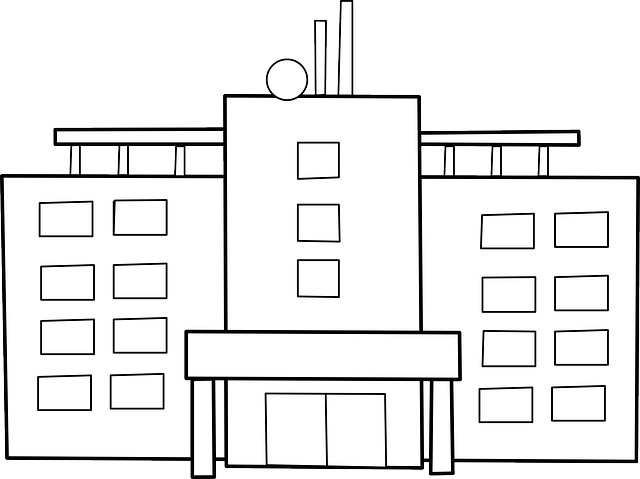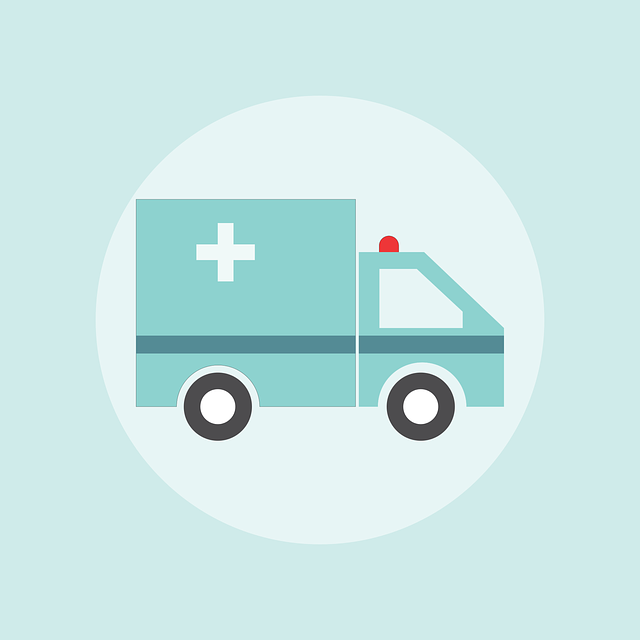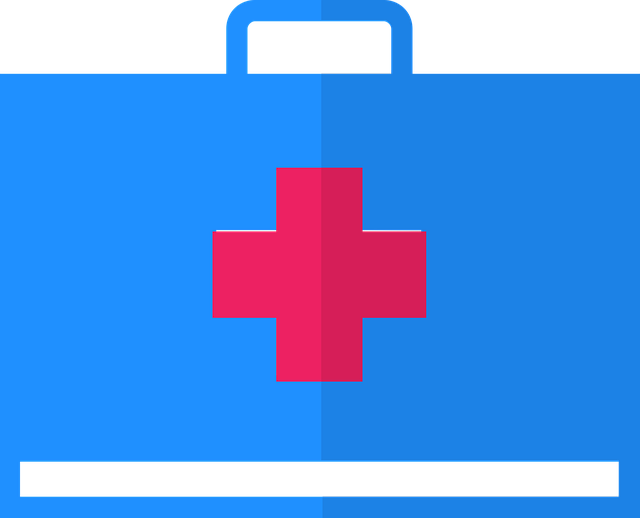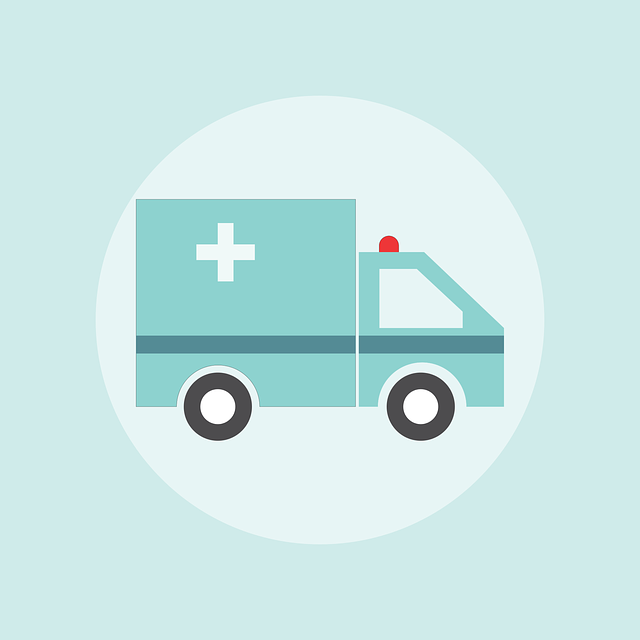In South Africa, choosing between a hospital plan and medical aid depends on your needs: hospital plans excel in covering comprehensive inpatient treatments for frequent hospital stays or specialized care, while medical aid schemes offer broader benefits including outpatient care, preventative services, dental, and optical coverage. For short-term or specific treatments, hospital plans may be preferable; for ongoing healthcare, medical aid usually provides broader coverage. Always read the terms and conditions to understand exclusions, limitations, and co-payments for informed decision-making tailored to your healthcare requirements.
Choosing between a hospital plan and medical aid in South Africa can be confusing. Both offer crucial healthcare coverage, but they differ significantly in scope, costs, and exclusions. This article guides you through understanding these options, with a special focus on reading the fine print. We explore key clauses, common pitfalls, and benefits to help you make an informed choice between hospital plans and medical aid, ensuring you select the best option for your healthcare needs.
- Understanding Hospital Plans and Medical Aid in South Africa
- – Definition and key differences between hospital plans and medical aid
Understanding Hospital Plans and Medical Aid in South Africa

In South Africa, both hospital plans and medical aid schemes offer essential healthcare coverage, but understanding their nuances is key to making an informed decision. While hospital plans typically focus on providing comprehensive cover for in-patient treatment and procedures within a network of approved hospitals, medical aid schemes tend to offer a broader spectrum of benefits, including out-patient care, preventative services, and often, dental and optical coverage.
When comparing which is better between a hospital plan and medical aid, consider your specific healthcare needs and preferences. Hospital plans may be preferable for those who frequently require hospital stays or specialized in-patient treatments. In contrast, medical aid schemes can be more advantageous for individuals seeking comprehensive, all-encompassing healthcare coverage that includes routine check-ups, specialist consultations, and a range of preventative care options.
– Definition and key differences between hospital plans and medical aid

In South Africa, choosing between a hospital plan and medical aid is crucial for ensuring comprehensive healthcare coverage. While both options provide access to medical services, they operate with distinct structures and benefits. Hospital plans are typically short-term insurance policies designed for specific treatments or procedures, often focusing on inpatient care at hospitals. In contrast, medical aid schemes are long-term, subscription-based programs that offer a wide range of healthcare services, including outpatient care, specialist consultations, and various diagnostic tests.
When deciding between hospital plans and medical aid, understanding these differences is key. Hospital plans may be preferable for those seeking specific treatments or facing short-term health issues. However, for ongoing healthcare needs and broader coverage, medical aid usually provides a more comprehensive package. Reading the fine print in both cases is essential to grasp the exclusions, limitations, and co-payments associated with each option, ultimately helping individuals make an informed decision on which is better suited to their healthcare requirements.
When deciding between a hospital plan and medical aid in South Africa, understanding the fine print is crucial. Both options offer valuable health coverage, but they differ significantly in terms of benefits, exclusions, and costs. While hospital plans typically provide broader coverage for specific procedures, medical aid may offer more comprehensive care with a wider network of healthcare providers. Ultimately, the choice depends on individual needs and preferences. Reading the fine print ensures you’re making an informed decision, selecting the plan that best aligns with your health requirements and financial capabilities, thereby securing peace of mind and optimal wellness.







